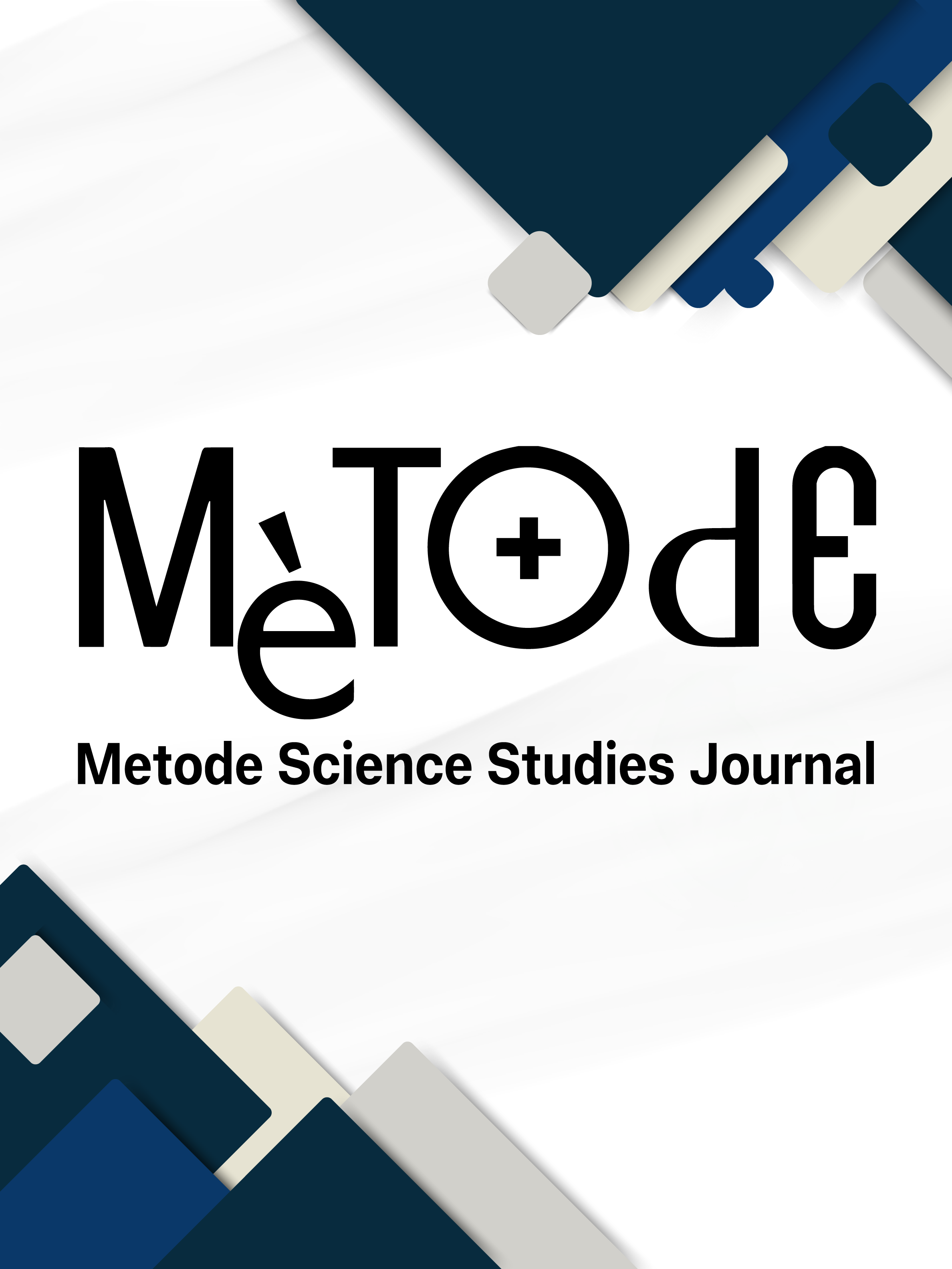Fun sharpens the mind: How simple problems bring us closer to complex mathematical theories
DOI:
https://doi.org/10.7203/metode.15.27423Keywords:
mathematics, recreational science, puzzles, problems, ingenuity Abstract
Abstract
This article presents a historical approach to recreational mathematics and the kinds of questions it deals with. I will present some authors, their works, the problems they contributed, and the fields of knowledge to which they gave rise, from Egyptian mathematics through the Renaissance and the Scientific Revolution to the 19th century, devoting a special section to the work of Leonhard Euler. I will present the problems, but not the solutions, so that the readers can actively participate by solving them or, if they wish, by checking the solutions in the references given.
 Downloads
Downloads
 References
References
Alegría, P. (2012). Entre la matemática y la magia: la leyenda de Josefo y la mezcla australiana. Revista Eureka sobre Enseñanza y Divulgación de las Ciencias, 9(3), 410–421.
Bachet, C. G. (1624). Problèmes plaisants et délectables, qui se font par les nombres. P. Rigaud. https://gallica.bnf.fr/ark:/12148/bpt6k5818046p?rk=21459;2
Bossi, V. (2008). Magic and card tricks in Luca Paciolo’s De viribus quantitatis. In E. D. Demaine, M. L. Demaine, & T. Rodgers (Eds.), A lifetime of puzzles: A collection of puzzles in honor of Martin Gardner’s 90th birthday (pp. 123–129). A. K. Peters.
Dudeney, H. E. (1908). The Canterbury puzles, and other curious problems. E. P. Dutton and co. https://archive.org/details/117770747
Euler, L. (2007). Investigations on a new type of magic square (Traducción de A. Ho & D. Klyve). (Original work published in 1782). https://scholarlycommons.pacific.edu/euler-works/530/
Gardner, M. (1980). Carnaval matemático. Alianza Editorial.
Gardner, M. (1998). A quarter-century of recreational mathematics. Scientific American, 279(2), 68–75.
Gardner, M. (2001). The colossal book of mathematics: Classic puzzles, paradoxes, and problems. W. W. Norton & Company Inc.
Hirth, T. W. (2015). Luca Pacioli and his 1500 book De viribus quantitatis [Master’s Thesis, University of Lisbon]. https://repositorio.ul.pt/bitstream/10451/18435/1/ulfc113829_tm_Tiago_Hirth.pdf
Hua, Z., Xu, B., Jin, F., & Huang, H. (2019). Image encryption using Josephus problem and filtering diffusion. IEEE Access, 7, 8660–8674. https://doi.org/10.1109/ACCESS.2018.2890116
Hutton, C. (1844). Recreations in science and natural philosophy: Dr. Hutton’s translation of Montucla’s edition of Ozanam. Thomas Tegg. https://archive.org/details/b21307507
Klee, V., & Wagon, S. (1991). Old and new unsolved problems in plane geometry and number theory (Dolciani mathematical expositions). Mathematical Association of America.
Loyd, S. (1914). Sam Loyd’s cyclopedia of 5000 puzzles, tricks and conundrums with answers. The Lamb Publishing Company. https://archive.org/details/CyclopediaOfPuzzlesLoyd
Lucas, E. (1891). Récréations mathématiques (vol. 3). Gauthier-Villars et fils. https://archive.org/details/
rcrationsmathma07lucagoog
Martín Pliego, F. J., & Santos del Cerro, J. (2000). Luca Pacioli: en el origen del cálculo de probabilidades. Revista de Historia Económica – Journal of Iberian and Latin American Economic History, 18(2), 405–417. https://doi.org/10.1017/S0212610900008557
Mathematical Association of America. (2023). SIGMAA on recreational mathematics. https://maa.org/member-communities/sigmaas/
Mieg, J. (1839). El brujo en sociedad, ó sea breve instrucción para aprender a ejecutar con destreza muchos juegos de manos y otras varias suertes curiosas y divertidas. Hijos de Catalina Piñuela. http://bdh.bne.es/bnesearch/detalle/bdh0000082676
Ozanam, M. (1778). Récréations mathématiques et physiques. C. A. Jombert. https://gallica.bnf.fr/ark:/12148/bpt6k927336.texteImage#
Singmaster, D. (2021). Adventures in recreational mathematics (vol. I & II). World Scientific.
Downloads
Published
How to Cite
-
Abstract360
-
PDF50
Issue
Section
License
![]()
All the documents in the OJS platform are open access and property of their respective authors.
Authors publishing in the journal agree to the following terms:
- Authors keep the rights and guarantee Metode Science Studies Journal the right to be the first publication of the document, licensed under a Creative Commons Attribution-NonCommercial-NoDerivatives 4.0 International License that allows others to share the work with an acknowledgement of authorship and publication in the journal.
- Authors are allowed and encouraged to spread their work through electronic means using personal or institutional websites (institutional open archives, personal websites or professional and academic networks profiles) once the text has been published.





